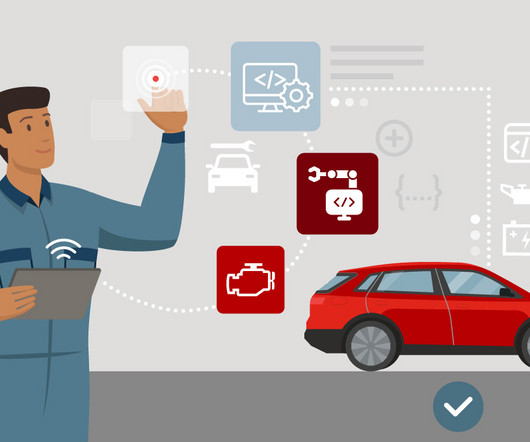Using End-to-End Visibility to Scale and Streamline Automotive Production
Planview
MARCH 28, 2024
The traditional paradigms of automotive manufacturing are evolving, driven by the imperative to integrate cutting-edge software solutions seamlessly with hardware production. As automotive companies navigate this transformative landscape , the need for end-to-end visibility in production processes becomes increasingly evident.















Let's personalize your content